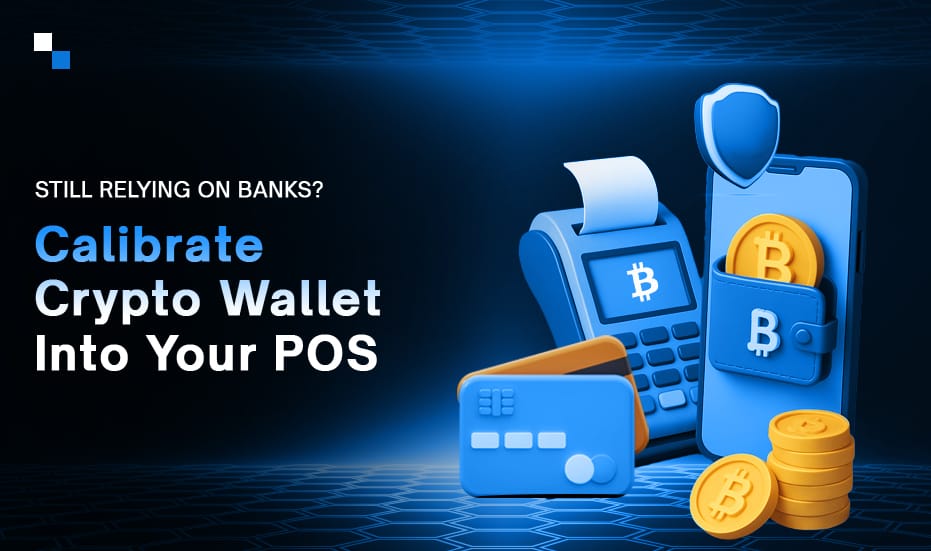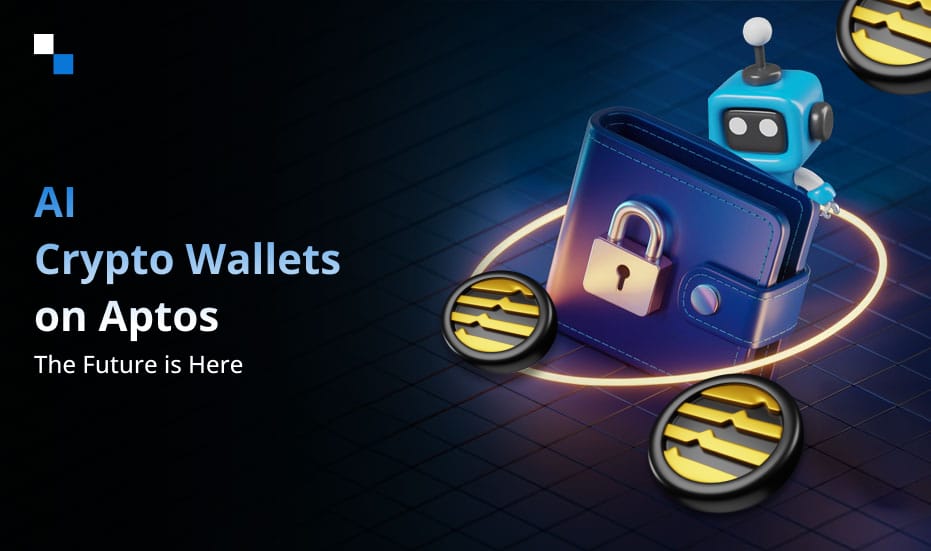A cryptocurrency wallet is a secure medium to exchange fiat currency and get complete control over crypto assets. To transfer and receive funds, a cryptocurrency wallet app can be installed on a smartphone. By developing a strong crypto wallet, you can earn a lot of money in the long term while also getting a lot of clients. That’s why, businesses are venturing into crypto wallet development and most of them have a question – how to create a cryptocurrency wallet.
What exactly is a cryptocurrency wallet?
It is an application or piece of software that can be simply installed onto a suitable device. It keeps track of your available balance, different costs, and allows users to hold multiple digital currencies at the same time. On a smartphone, a cryptocurrency wallet may be downloaded and installed. It can be utilized for day-to-day transactions, managing long-term investments, or just for holding crypto assets.
A Cryptocurrency Wallet’s Features that attract many investors to adopt for cryptocurrency wallet development:
- Convert money to crypto and likewise in fiat currency in a flash.
- To avoid unsolicited access, an instantaneous session checkout occurs when a transaction has been completed.
- Unlimited volumes of transaction records enable traders to determine their spending habits.
- A one-of-a-kind QR code scanner enables users to complete transactions swiftly and safely.
- Push alerts in real-time to keep track of activities 24 hours a day, seven days a week.
- To avoid reversal scams, identical transactions are automatically denied.
- Rising prices and global recession security.
- There are no federal restrictions that impact users.
- Because there is no interference from external parties, transaction processing speeds are reasonable.
- Different types of cryptocurrencies have real-time pricing information given.
- To expedite transaction processing, the list of commonly used wallet addresses is shown in a separate list.
- Password and PIN protection is provided as security measures.
- A payment tracking system that operates in real-time.
- There are several methods for completing a transaction, including NFC, Radiofrequency identification technology, and a Bitcoin Web address.
What Are the Different Types of Cryptocurrency Wallets?
When it comes to cryptocurrency wallet development, you can choose between different wallet types – including a desktop wallet, mobile wallet, hardware wallet, and paper wallet.
- Desktop wallets :-
may be downloaded and used on a PC or laptop. They are only accessible from the single machine on which they were first installed. Except in the instance of a virus or a hacker attempt on your computer, they are generally secure. This would result in the loss of all of your cash. Armory and Bitcoin Knots are two popular desktop wallet examples.
On the other hand, a virtual wallet for cryptocurrencies is often known as an online wallet. They are cloud-based and may be viewed from any place and on any device. They are extremely handy to use since private keys may be maintained online. However, they are sometimes prone to hacking assaults and the risk of being hacked increases if they are handled using an intermediary.
- Mobile wallets :-
can be accessed via a smartphone app. Retailers and supermarkets accept them for a variety of payment methods. They often have less cold storage capacity than desktop wallets. Green Address, Bither, and BitGo are some well-known mobile wallets.
- Hardware wallets :-
differ from software wallets in a way that the former does not store the user’s private keys online, but rather on a hardware device such as a USB. However, software wallets have stringent security measures in place, and transactions may also be completed online. They can support a variety of digital currencies and are fully interoperable with a variety of online interfaces.
- Paper wallets :-
are simple to use and incredibly secure. The application produces private and public keys for you, which you can preserve as printed paper. A crypto trader can quickly make payments from their software wallet to their paper wallet’s public address. To transfer funds from the paper wallet to the software wallet, input your private keys or scan the QR code on the paper wallet.
Create Your Own Cryptocurrency Wallet
Schedule Free DemoThe following are the popularly known use cases of cryptocurrency wallet development:
Crypto wallet purchase is no longer confined to large wallet providers as individuals can develop them as per their business needs. Below is the complete list of the best crypto wallet use cases:
- Boost Engagement & Personalization : Businesses want to introduce a digital wallet to boost engagement and provide personalized experiences to users. You can incorporate payment method of your choice to the wallet.
- Merchant Payments : Merchant payments are the primary reason businesses consider digital wallet a financial feature. The payment feature integrated within the platform makes it simpler to purchase items online and offline via credit cards and debit cards placed securely within the wallets. This feature makes the payment process simpler, safer, and more economical.
- Provides Rewards, Coupons & Discounts : Digital wallets introduce rewards, coupons, and discounts for customers associated with the platform for a while. By introducing rewards, coupons, or discounts on the platform, you can increase your user base and earn profits from their investments.
- Shared Savings and Pooling : You can use crypto wallets for shared savings and pooling. The wallets offer secure identity verification, can be linked to other accounts, and allows groups to pool money together.
- Investment and Trading : Many crypto wallets can be connected to exchanges, thereby giving users a chance to buy, sell, and trade assets using the wallets. This linking simplifies the process of managing investments & trade execution.
- Access dApps : Crypto wallets developed on Blockchain platforms like Ethereum offer dApp (Decentralized Application) compatibility. The wallets help users to interact with dApps, carry out various functions and manage their tokens and assets via the application.
Conclusion:
A cryptocurrency wallet is required for all cryptocurrency transactions. It allows users to store, give, swap, and trade various digital currencies such as Bitcoin, Ripple, Ether, and others.
At Antier Solutions, we offer customized cryptocurrency wallet development services to develop and deliver highly secure and user-friendly crypto wallets. We provide a white label solution fortified with market-leading features and institutional-grade security to expedite the deployment. In addition, we specialize in building custom wallets from the ground up.
Schedule a free demo of our white label wallet or connect with our subject matter experts to share your business needs.





